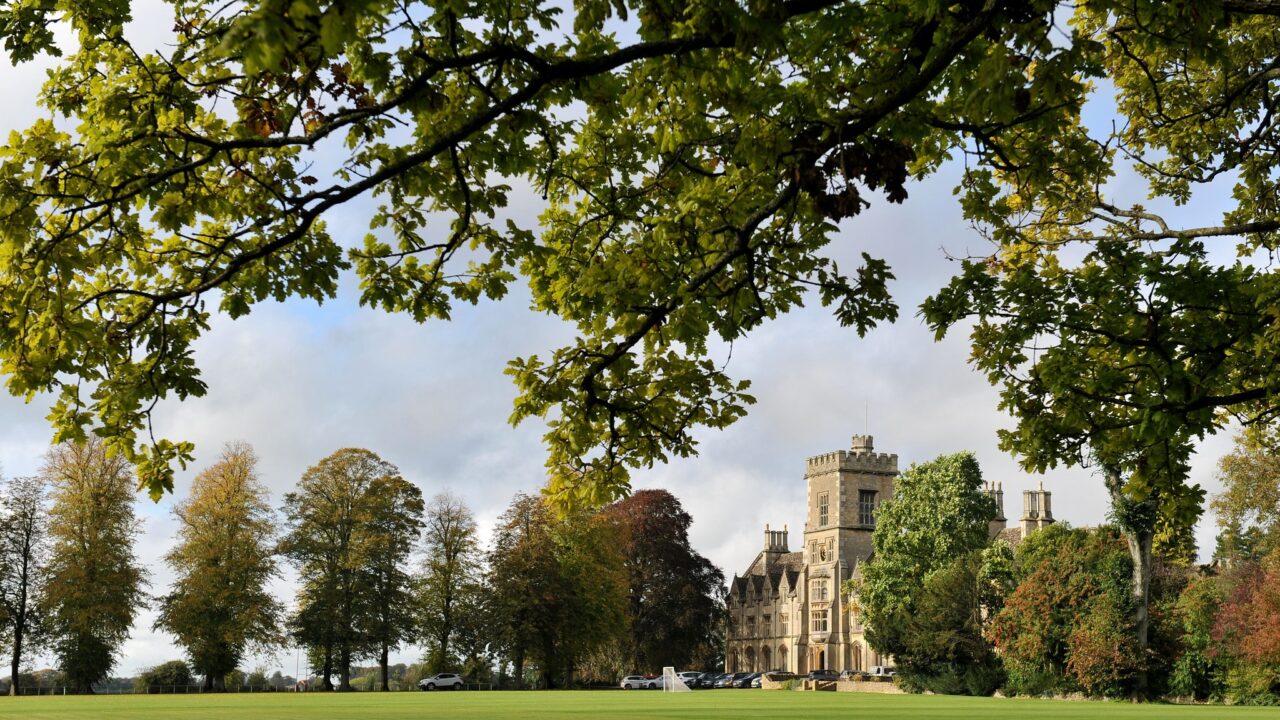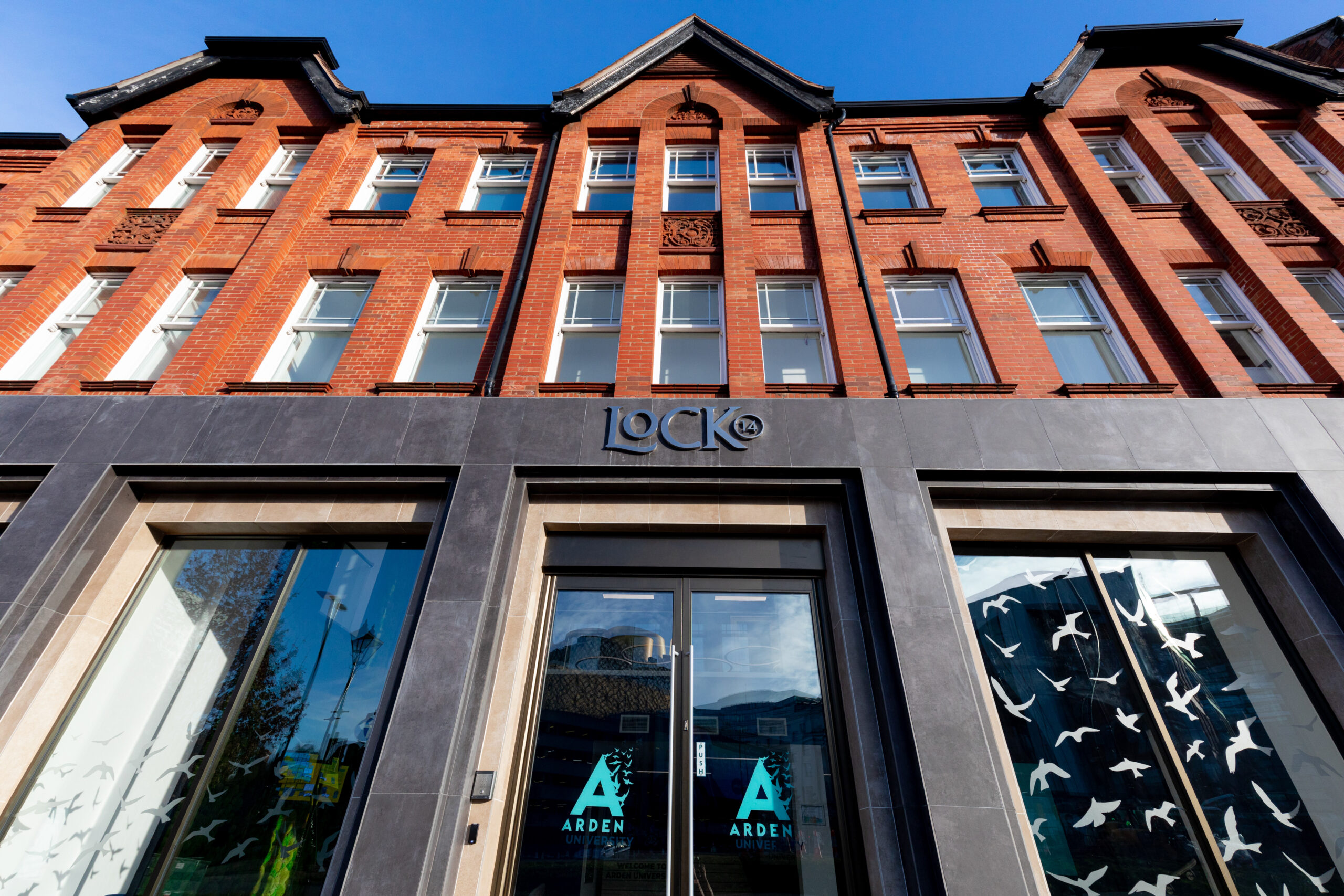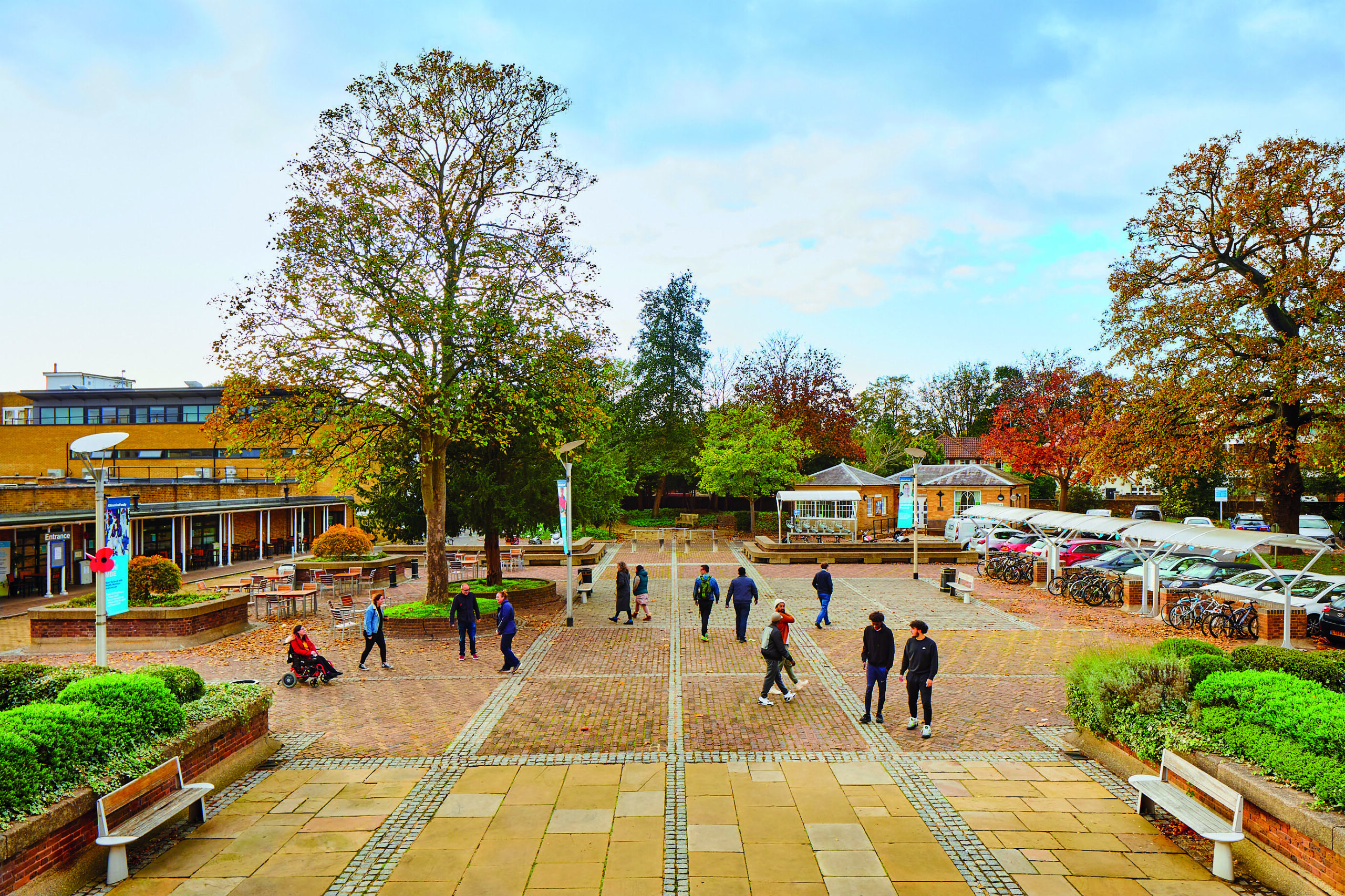Spotlight on: Royal Agricultural University (RAU)
Based in the beautiful ‘Capital of the Cotswolds’, the Royal Agricultural University (RAU) is the UK’s smallest public university. Graham Pollard, COO, shines a light on an institution which, though small, has a big impact.


Where is your university?
The RAU’s primary campus is located in Cirencester, Gloucestershire. We also have a campus in Swindon, and overseas in China and Uzbekistan.
When did it become a university? What are its origins?
The RAU was initially conceived as the first agricultural college in the English-speaking world, opening in 1845. A small, fiercely independent college, we secured university title in 2013, and this year we will be celebrating our 10th anniversary as a university.
Describe the campus
Our Cirencester campus is beautiful. Located in the ‘Capital of the Cotswolds’, the site is dominated by the original college building that overlooks the lawns, sports fields and farms – a signature image of the RAU.
Our teaching and research facilities are positioned around two quadrangles that provide the academic centre of the campus, which includes a new £6M capital project to construct a land laboratory suite, due for completion in 2024/25. A short walk through the ‘living laboratory’ takes you to our very successful Growth Hub and Farm491 incubator space – home to a range of agri-tech businesses and start-ups that have generated over £33m of investment since 2016.
Linked to the main campus in Cirencester, we also have our equestrian centre, farms and rural skills centre, all within a 5 mile radius.
How many students does your university have? How many are from overseas?
The RAU is the smallest public university in the UK, and our Cirencester and Swindon campuses host c1,200 students comprising c730 undergraduates. We attract a high proportion of students from rural communities in the UK, but we also attract a geographically diverse mix of overseas students from 43 countries across the world.
Do you have any overseas campuses?
Although the RAU is small, our reach and reputation is global. We have well established partnerships in China where, in 2019, we launched a Joint Institute of Agri-Technology together with Qingdao Agricultural University (QAU). This built upon our long-standing relationship with Shandong Agricultural University (SDAU), where we have helped deliver degrees in agri-food and real estate to over 3,000 Chinese students.
In September 2022, our Vice Chancellor travelled to Tashkent to launch our new overseas venture alongside the Deputy Prime-Minister of Uzbekistan. The RAU was selected to partner with the Uzbek Government to develop a new International Agricultural University located in Tashkent, and our first cohort of 200 students began their studies this academic year.
Is the university known for particular areas of study?
The RAU maintains a key focus upon agriculture and land management. 75% of the UK’s land is owned or managed by RAU alumni and therefore the wider impact of what we do is felt by all.
What has changed over time is where the emphasis of study within those subject areas has adapted to address big societal challenges – for example, climate change, food security and the biodiversity crisis. How we use land has a major impact upon our future sustainability and our communities. The RAU’s academic specialisms have therefore never been more relevant in our 178-year history, than they are now.
What excites you most about your university?
The role that the RAU can play in helping to shape the future of the planet is hugely exciting. As a university, we have so much potential to contribute and we have a fantastic team with a real drive to make a difference.
In January 2023, we launched our RAU Innovation Village concept towards that aim. This is a £100M landscape-led development, bringing together clusters of like-minded organisations from academia, industry, government and civil society to work collaboratively in a village environment, to address global challenges linked to transformative land use and food security. We are working with multiple partners including the Department for International Trade, to deliver a development that pushes the boundaries of sustainable design, and has the potential to benefit communities locally, nationally and internationally.
Tell us an interesting piece of trivia about your university?
The RAU is in a relatively unique position as a HEI, in that we have shareholders. This dates back to our inception prior to opening in 1845, whereby the capital required to fund the college was raised through the issuing of shares. Although now the shares hold no real monetary value, we do still have over 50 shareholders and host an Annual General Meeting, to which all our shareholders are invited and contribute.
Which is your most successful sports team or student group?
In terms of sport teams, our men’s hockey team did brilliantly last season and won the Western Conference Cup, which is a fantastic achievement.
I also want to mention our group of enterprise students, who manage our Cotswold Hills vineyard. The wine they grow and produce has won multiple awards and was recently featured on the Hairy Bikers BBC2 series ‘Go Local’ – a great testament to their efforts and entrepreneurship.
What is your university motto?
The University motto is ‘Arvorum Cultus Pecorumque’; a quote from Virgil’s Georgics, it means ‘Caring for the Fields and the Beasts’.
Related Blogs



